Cast iron cookware has been a staple in kitchens for centuries, known for its durability, even heat distribution, and natural non-stick surface. Learning to cook with cast iron can elevate your culinary game and provide you with delicious, perfectly cooked dishes. This guide will cover 12 must-know tips for cooking with cast iron, ensuring you get the most out of this versatile cookware.
- Tip 1: Season Your Cast Iron Cookware
- Tip 2: Preheat Your Cast Iron Pan
- Tip 3: Use the Right Cooking Techniques
- Tip 4: Avoid Cooking Acidic Foods
- Tip 5: Clean and Care for Your Cast Iron
- Tip 6: Store Your Cast Iron Properly
- Tip 7: Re-Season as Needed
- Tip 8: Use the Right Cooking Utensils
- Tip 9: Adjust Your Cooking Times
- Tip 10: Experiment with Different Recipes
- Tip 11: Use Cast Iron for Baking
- Tip 12: Properly Handle a Hot Cast Iron Pan
- Conclusion
Tip 1: Season Your Cast Iron Cookware
Seasoning is a process that involves coating your cast iron pan with a thin layer of oil and heating it to create a natural non-stick surface. To season your cast iron, follow these steps:
Preheat your oven to 375°F (190°C). b. Coat the entire surface of the pan with a thin layer of vegetable oil or another high smoke point oil. c. Place the pan upside down in the oven, with a sheet of aluminum foil or a baking sheet underneath to catch any drips. d. Bake for 1 hour, then turn off the oven and let the pan cool inside.
Tip 2: Preheat Your Cast Iron Pan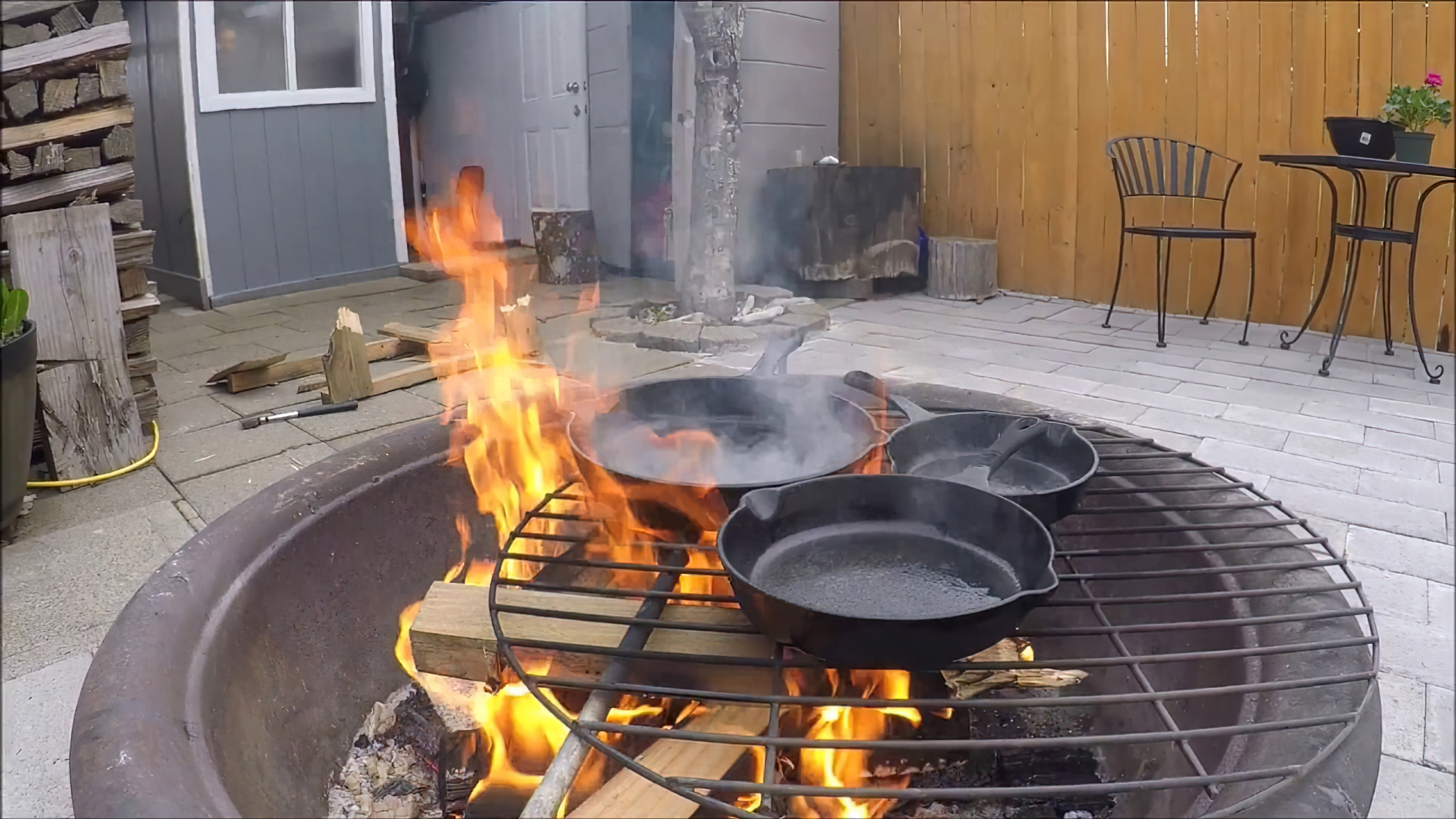
Before cooking, always preheat your cast iron pan for even heat distribution. Place the pan on low to medium heat for 5-10 minutes, gradually increasing the heat if necessary. Avoid high heat, as it can cause the pan to warp or food to stick.
Tip 3: Use the Right Cooking Techniques
Cast iron cookware is perfect for a variety of cooking techniques, including frying, sautéing, baking, and even grilling. Experiment with different techniques to get the most out of your cast iron pan.
Tip 4: Avoid Cooking Acidic Foods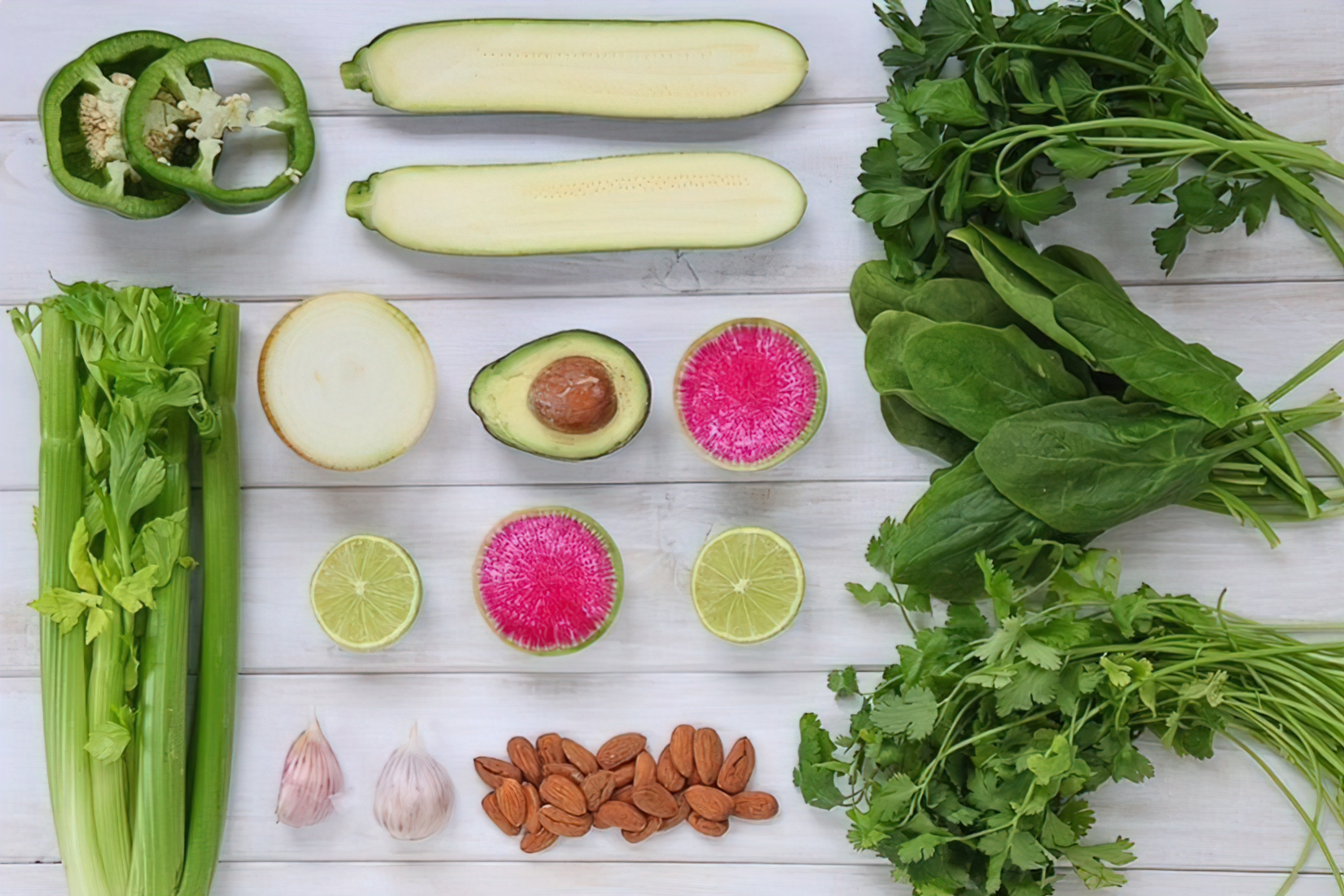
Acidic foods, such as tomatoes or vinegar-based sauces, can strip the seasoning off your cast iron pan and impart a metallic taste. Use alternative cookware for acidic dishes or ensure your cast iron pan is well-seasoned before cooking acidic ingredients.
Tip 5: Clean and Care for Your Cast Iron
To clean your cast iron pan, use a non-abrasive scrubber and hot water. Avoid using soap, as it can remove the seasoning. For stubborn stuck-on food, use a mixture of coarse salt and water to create a paste and scrub gently. After cleaning, dry the pan thoroughly and apply a light coat of oil to prevent rust.
Tip 6: Store Your Cast Iron Properly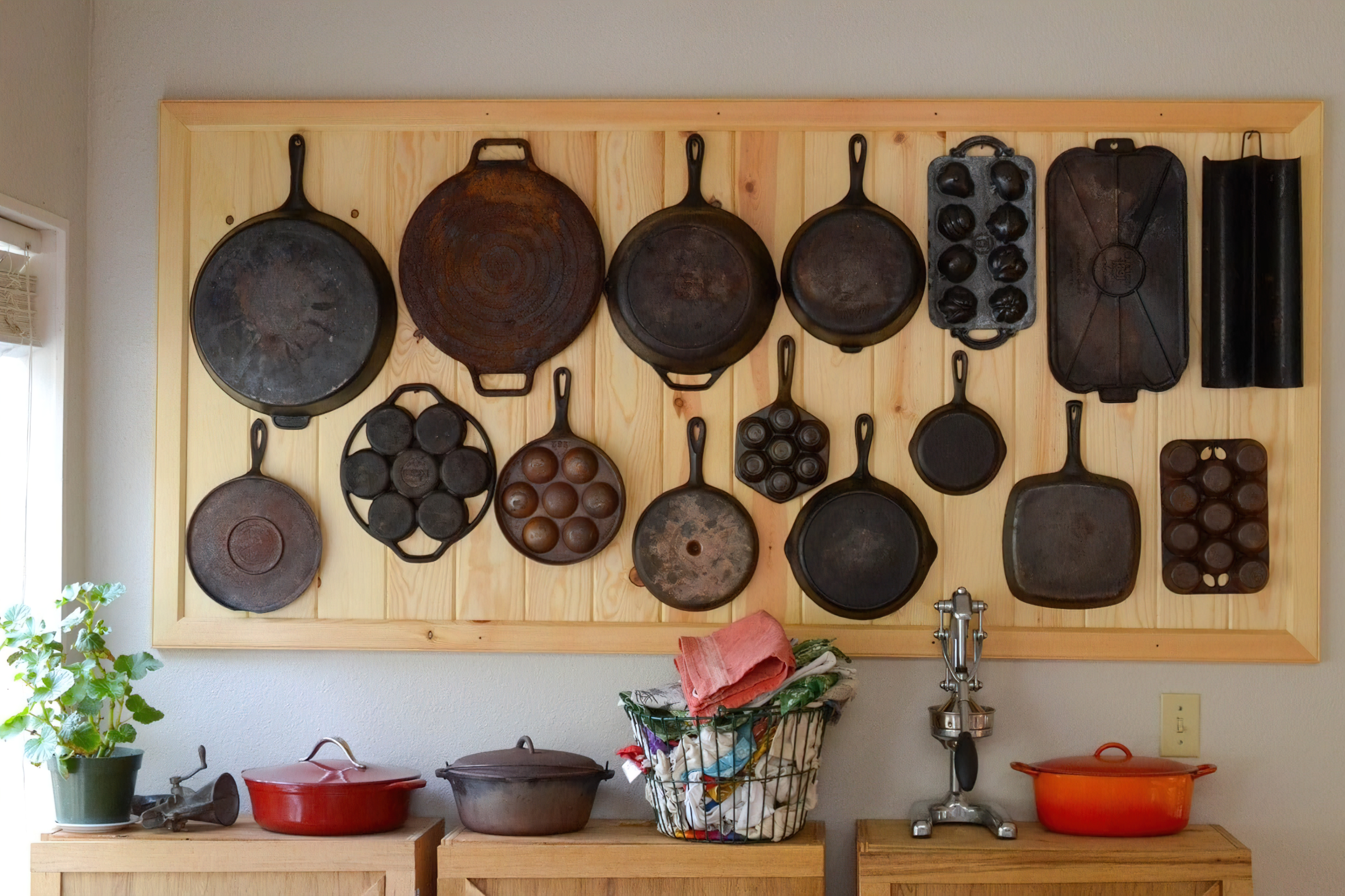
Store your cast iron pan in a dry, cool place to prevent rust and protect the seasoning. If stacking with other pans, place a layer of paper towels or cloth between them to prevent scratches and damage.
Tip 7: Re-Season as Needed
Over time, the seasoning on your cast iron pan may wear down or become uneven. Re-season your pan as needed to maintain its non-stick surface and ensure optimal performance.
Tip 8: Use the Right Cooking Utensils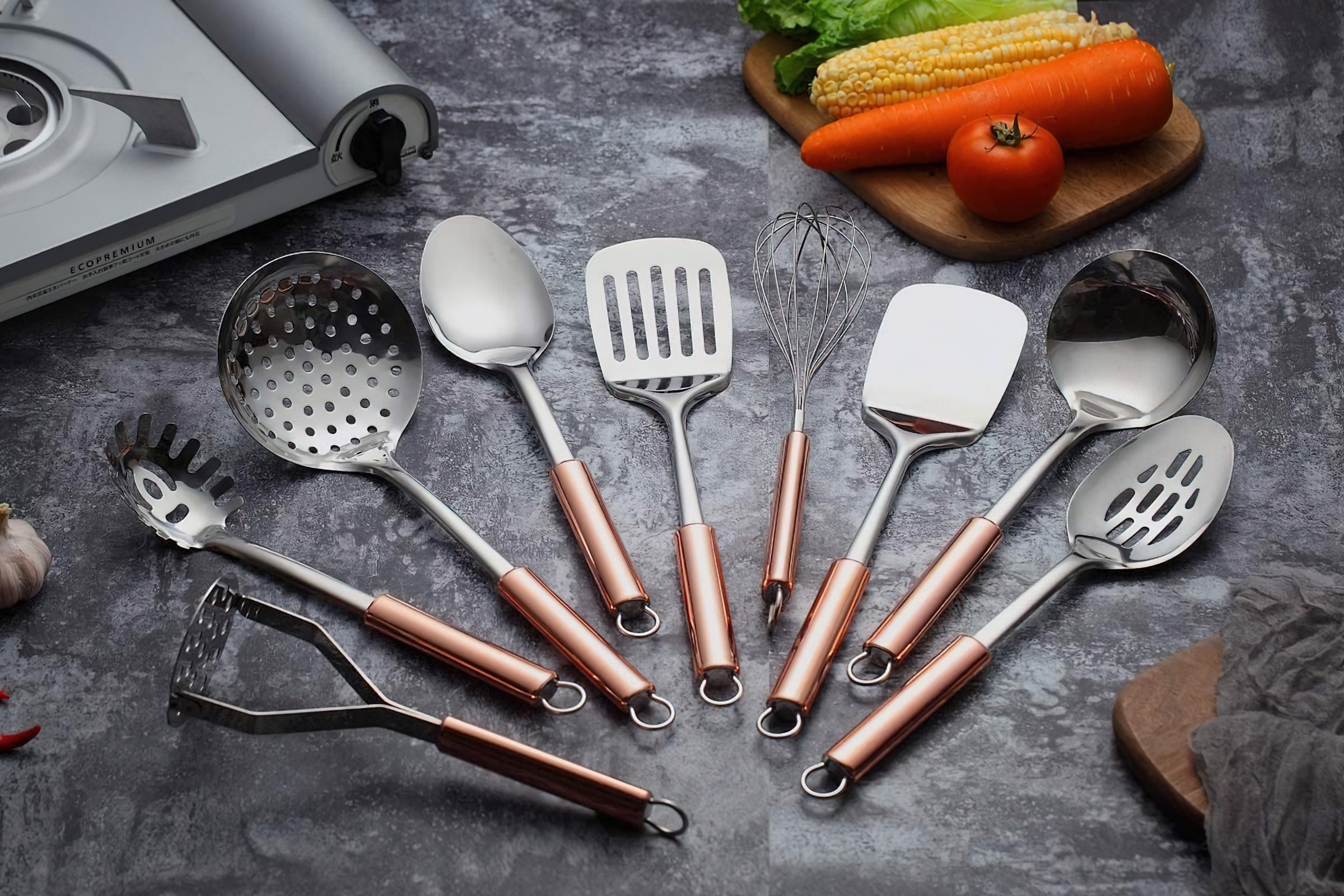
When cooking with cast iron, it’s best to use wooden, silicone, or heat-resistant plastic utensils. Avoid metal utensils, as they can scratch the pan’s surface and damage the seasoning.
Tip 9: Adjust Your Cooking Times
Cast iron cookware retains heat exceptionally well, which means that it may take longer to heat up but will stay hot for a longer time. Keep this in mind when following recipes and adjust your cooking times accordingly.
Tip 10: Experiment with Different Recipes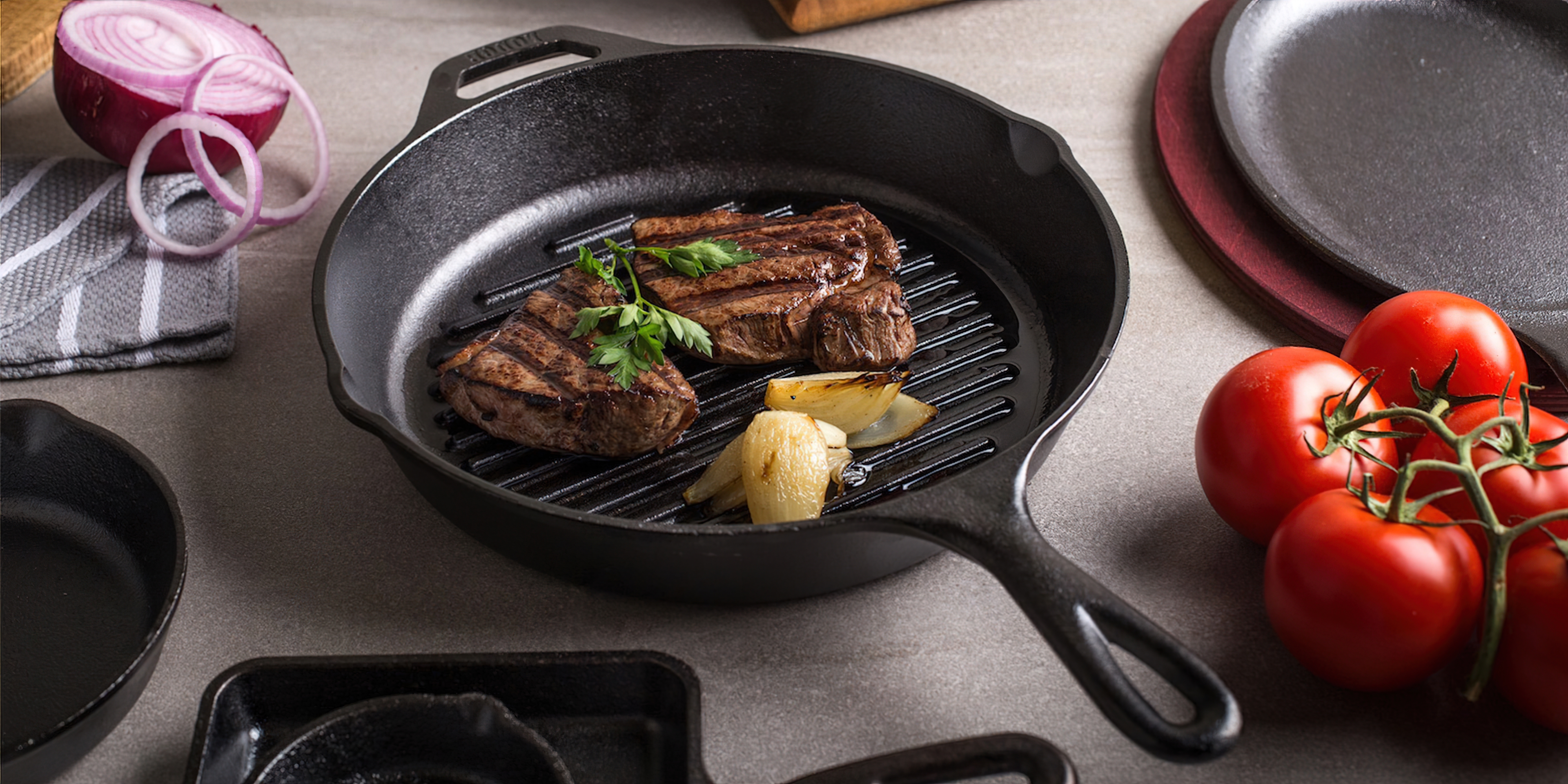
Cast iron pans are versatile and can be used for a wide range of dishes, from breakfast favorites like pancakes and omelets to hearty dinners like seared steaks and stir-fries. Experiment with different recipes to discover the full potential of your cast iron cookware.
Tip 11: Use Cast Iron for Baking
Cast iron pans are not just for stovetop cooking; they can also be used in the oven for baking. Try making cornbread, deep-dish pizza, or even desserts like skillet cookies and cobblers in your cast iron pan for delicious, evenly baked results.
Tip 12: Properly Handle a Hot Cast Iron Pan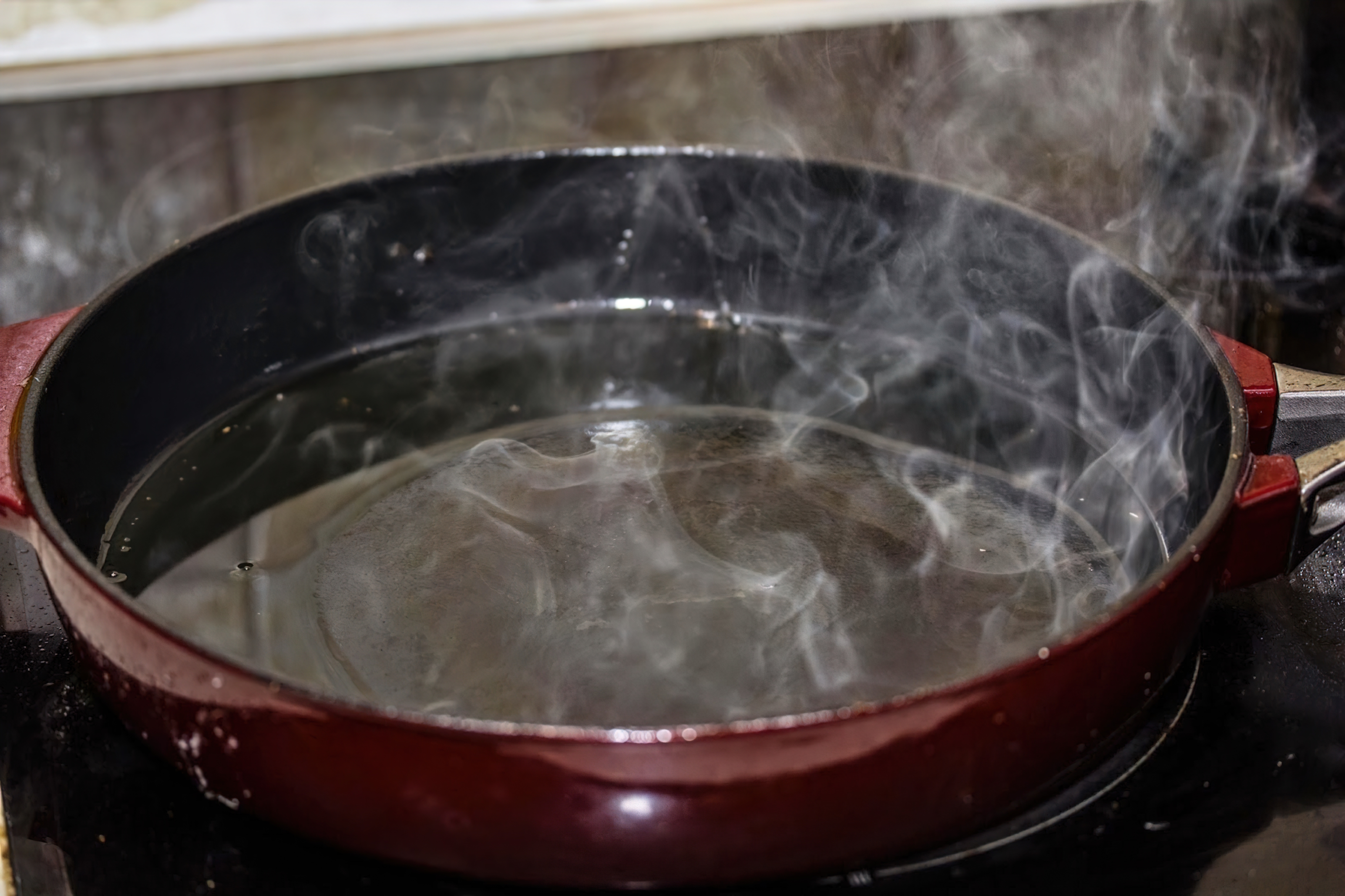
Cast iron pans can become extremely hot during cooking, so it’s essential to handle them with care. Always use oven mitts or a thick towel when handling a hot pan, and place it on a heat-resistant surface to avoid damaging countertops or tables.
Conclusion
By incorporating these additional tips into your cast iron cooking routine, you’ll be able to expand your culinary horizons and impress your family and friends with delicious, perfectly cooked dishes. Remember that practice makes perfect, so keep experimenting with new recipes and techniques to become a true cast iron cooking master. Enjoy your culinary journey!


